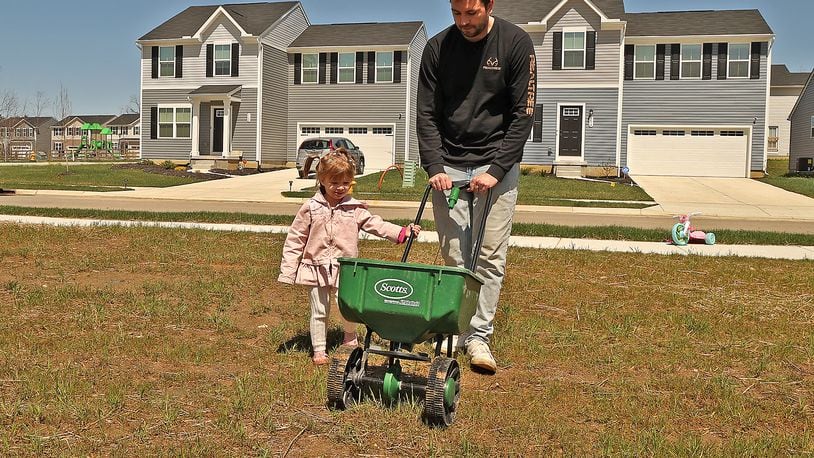So, what has happened to change the housing outcomes for tenants in Dayton and Montgomery County? In June 2020, the City of Dayton passed an ordinance capping late fees at 5% of monthly rent. That same month, city officials passed the Rent Receipt ordinance, requiring landlords to provide receipts to their tenants who pay in cash or money order. In March 2021, the City Commission passed Pay to Stay which allows tenants to stay in their home if they can pay all rent, late fees, and court costs by the time of their eviction hearing.
Moreover, there has been an influx of rental assistance. This COVID rental assistance coupled with the new ordinances have helped keep tenants in their home, but there is more to do.
Ohioans with the lowest incomes have been the hardest hit by the virus and the financial upheaval that followed it. Black individuals were more than twice as likely as white individuals to die of COVID and more likely than white individuals to lose their jobs. This brings us back to Jazmin, John, and Jo’el. What more can we do? Tenants like Jazmin, John and Jo’el often go to eviction court without legal representation as over 90% of tenants have no representation in court. A right to counsel in eviction cases could help Jazmin, John and Jo’el.
We need to hear from you! Community conversations around housing are ongoing. The Redlining Exhibit and the Dayton Symposium provided opportunities to explore solutions. Commissioner Turner-Sloss has circulated a survey and began community conversations around housing. You can still complete a survey at bit.ly/daytonhousing. This is a call to action to get involved, share your experiences, and help us identify practical solutions. We need direct input from individuals, families, and neighborhoods who are experiencing challenges first-hand. People like Jazmin, John and Jo’el are depending on you.
Debra Lavey is a Senior Attorney with Advocates for Basic Legal Equality, Inc. where she has served as counsel in a variety of litigation aimed at preserving rental housing, enforcing fair housing laws, and protecting the housing rights of tenants.
Housing affordability in the Miami Valley

As rents continue to climb across the region and many local residents find themselves working in occupations that on average do not pay enough for them to afford modest rental units, affordable housing is becoming an increasingly important issue for our communities and communities across the nation. New housing and commercial developments are planned across our region and each one sparks heated debate among residents who will live near them, the developers of these projects and civic leaders who must balance the needs of existing residents with growing the local economy and attracting newcomers.
» Ohio must bridge the gap between low wages and high rents
» Springfield and the entire country needs more housing, fast
» We need to be smart, responsible with our growth
» Plan provides multi-year roadmap for neighborhood solutions
» Displaced Anthony Wayne residents asking for a fair shot
» New hotel in downtown Hamilton will make the city proud
» Cost of redevelopment should not include displacing residents
About the Author
